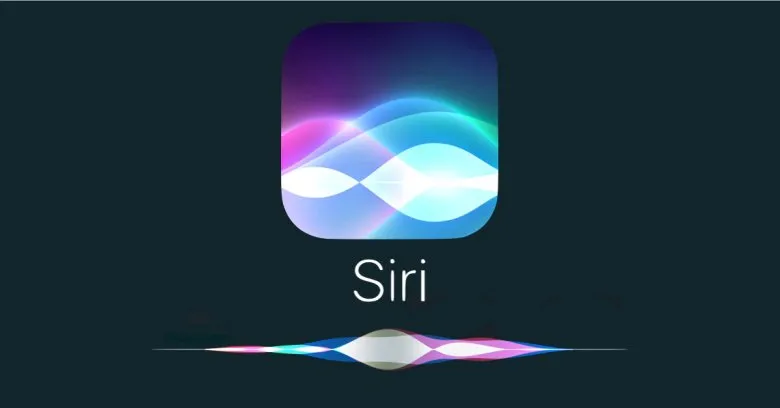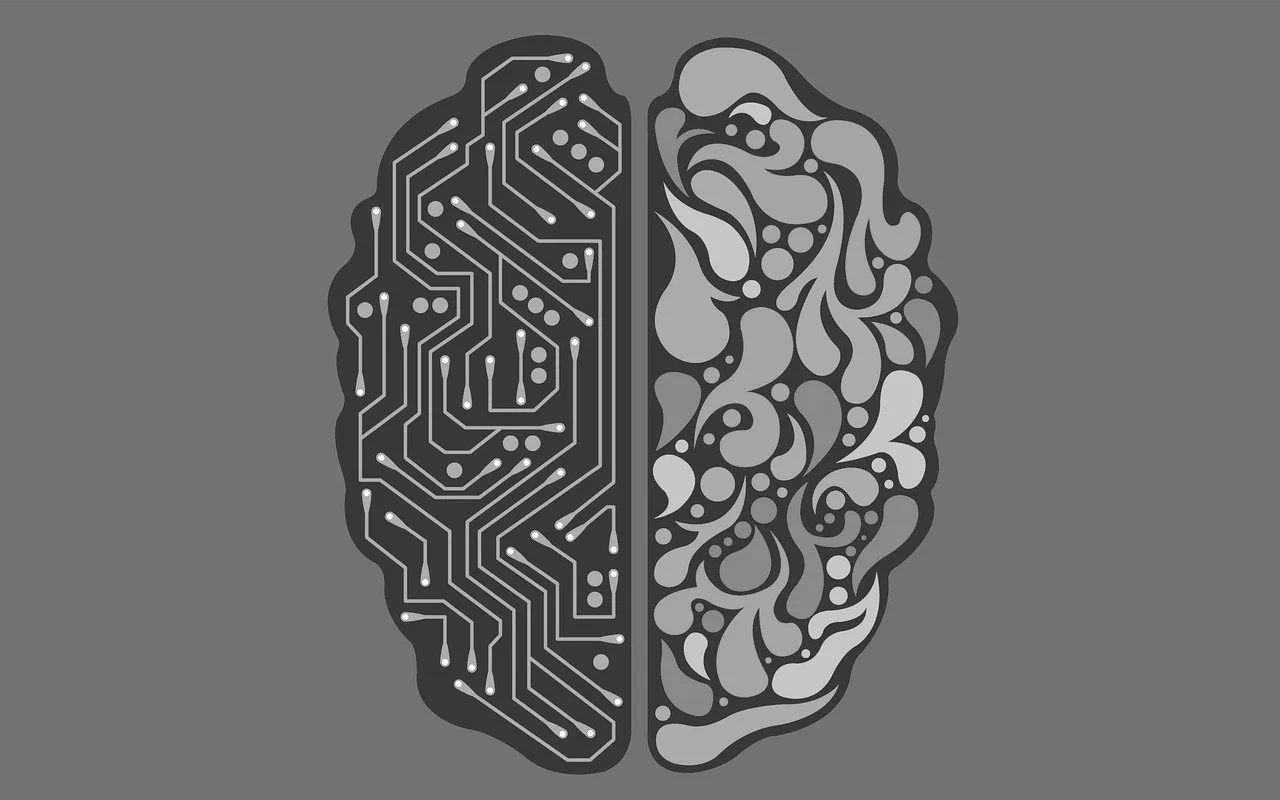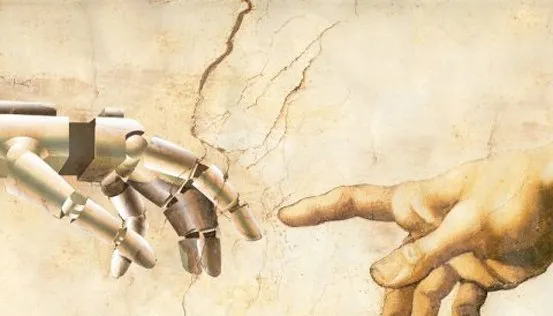The two words; ‘Artificial’ and ‘Intelligence’ can strike fear into anyone intelligent enough to understand its implications. The late Stephen Hawking predicted that AI will supersede humanity, as he is quoted to have said:
“The development of full artificial intelligence could spell the end of the human race”.
So, is this ‘spell’ a warning to be taken seriously, or is it all just an elaborate magic trick? Some of the greatest minds of this generation have suggested that the humble beginnings of AI, such as the Amazon Alexa telling you a bed time story, could turn into a threat to the survival of mankind. The true purpose of AI is to assist our lives and satisfy the modern human desire to take the easiest path through technology. Throughout this article I will discuss where we are up to with AI now and how it might progress into the future.

Artificial Intelligence (AI)
Artificial Intelligence is everywhere; in fact, nowadays, we cannot live without it! Artificial Intelligence doesn’t necessarily mean the accidental production of terminator-esque robots with the ultimate goal of wiping out the human race - so, on that note, where is this AI technology? To begin to answer this question, let us define intelligence.
What is Intelligence?
The dictionary definition of intelligence is the ability to absorb and apply knowledge and skills [1]. To clarify, all living animals are intelligent to some degree; they learn from external stimuli all around them and respond accordingly. For example, a dog may learn to sit when it is taught to. This dog, by definition, is exhibiting intelligence. When we look at artificial, man-made machines; giving them the ability to learn from their surroundings and apply this new knowledge, without necessarily being conscious, yields Artificial Intelligence.

The 3 Types of Artificial Intelligence (AI)
Artificial Intelligence can be split into 3 significant categories: Weak AI, Strong AI and Artificial Super-Intelligence [2]. There are many, many examples of AI all around us today; where are they and what categories do they lie in?
Weak AI: Artificial Narrow Intelligence
Weak AI is the simplest form of Artificial Intelligence; to further clarify, machines that exhibit Weak AI are intelligent, but only focus on a narrow task [3]. In other words, their intelligence is constricted to what they are programmed to do. A fantastic example of Weak AI is Apple’s SIRI; it is somewhat capable of holding conversation with real people and can crack a joke here and there. When you speak to SIRI, it feeds this information into a large database and learns how to respond from experience of being asked similar questions. Its limits can be demonstrated by asking it something it is not programmed to process, thus yielding inaccurate results. In addition, all SIRI can do is talk, you cannot ask it to physically pass you your TV remote; hence why it is categorised as Weak AI. Other examples include: Google Maps, Amazon’s Alexa, the CPU opponent you play with on chess and Facebook; click here to see other examples and more importantly, why they are examples.

Strong AI: Artificial General Intelligence
The next step up the ladder is Strong AI, or, Artificial General Intelligence. Developing a machine for it to exhibit Strong AI, means it must have the same intellectual capability as a human, to function like one; in other words, Artificial General Intelligence is when the machine can think just as well as you and me [4]. We are still a long way away from achieving this; in fact, some Scientists doubt we will ever program and produce such technology. Surprisingly, it is a lot easier to code a machine that solves advanced calculus than to get it to walk up the stairs; so, what will happen to the world once we are able to create an intelligence that competes with our own?
Recursive Self-Improvement: Machine Learning
The main difference between Weak AI and Strong AI, is that Strong AI will have the capability of learning and upgrading itself, without the need of a human [5]. Just like a baby developing into an adult, a machine with a specific base code can go on to develop itself into a complex structure; this ability is called Recursive Self-Improvement, or, Machine Learning. At this point, there is no reason for this human-like machine to stop working and will continue to learn and develop. The more intelligent it becomes, the better it will be at self-improving. Consequently, it becomes better and better at learning and further developing; in other words, their intelligence will grow exponentially. It will only be a matter of time before this Strong AI becomes more intelligent than its creator. The point at which this is about to happen is known as the Singularity. This is where we reach the third and final step on the AI ladder; Artificial Super-Intelligence.

Artificial Super-Intelligence (AS-I)
Once Artificial Super-Intelligence is achieved, things get a bit exciting and potentially equally as terrifying. Any machine that has passed the Singularity is classed as super intelligent [5]. When a self-improving machine reaches such high intelligence, there are no doubts that it will continue to become increasingly intelligent, very, very fast. AS-I machines will single-mindedly carry out their own aims, whether they agree with ours, or not. What does this all mean?

The Pessimistic Angle of AS-I
While these machines may not necessarily want to cause human extinction, they may believe that doing so would be of benefit to them, so, as a result, they would not hesitate to do so. You may assume that intelligence of such a high calibre would have a degree of empathy and respect for life, as do humans, but a problem arises; ethicality and morality are both human traits [6]. What I mean, is that even we, ourselves, cannot collectively decide what is right and what is wrong; for example, abortion and euthanasia, to say the least; so, how can we ever produce a machine of such intelligence that is deemed ethical and moral?
The Optimistic Angle of AS-I
Thankfully, there is a more optimistic side to such technology. People believe that these machines will have ‘human safety’ engrained into their base code; in other words, they will remain our servants. Their sole purpose will not only be to serve us, but to help us by combining all of this intelligence to unlock more and more mysteries of our Universe. This collaboration of high intelligence can help us solve even the hardest of problems in ways that we could never have imagined before!

Conclusion
The principle of AI, in my opinion, is an incredibly exciting one; but I also do believe that developing such high levels of intelligence is like treading on thin ice. If AS-I machines consider human extinction to be of any benefit to them, I believe that machines of such high capabilities may easily surpass any initial base code… due to such intelligence. It would almost be like a human born into an atheist background, surpassing previous beliefs and following a specific religion. If a human can alter their 'base code' (in machine terms), a machine more intelligent than a human surely can too. On the other hand, if AS-I machines believe our survival is of benefit to them, we, collectively, can work together and unlock mysteries of the Universe, together, and discover things we never thought we would!
I will leave you with another quote by the famous Stephen Hawking:
“The rise of powerful AI will be either the best, or the worst thing, ever to happen to humanity. We do not yet know which.”
If you have any questions, leave them below and until next time, take care.
~ Mystifact
References:
[1]: https://en.oxforddictionaries.com/definition/intelligence
[2]: https://javasingularity.wordpress.com/2015/05/26/three-types-of-ai/
[3]: https://www.techopedia.com/definition/3162
[4]: https://www.ocf.berkeley.edu/
[5]: 
[6]: https://www.diffen.com/difference/Ethics_vs_Morals
Please note; no copyright infringement is intended. All images used have been labelled for re-use on Google Images. If any artist or designer has any issues with any of the content used in this article, please don’t hesitate to contact me to correct the issue.
Relevant articles:
You Can Develop Unlimited Senses!
Will Teleportation Ever Be Possible?
Can We Download Our Brains and Live FOREVER?
Previous articles:
DTube #4: How do Fireworks Work?
DTube #3: The Breakthrough in Physics brought by Gravitational Waves
The Theory of Everything: Introduction to String Theory
Follow me on: Facebook, Twitter and Instagram, and be sure to subscribe to my website!